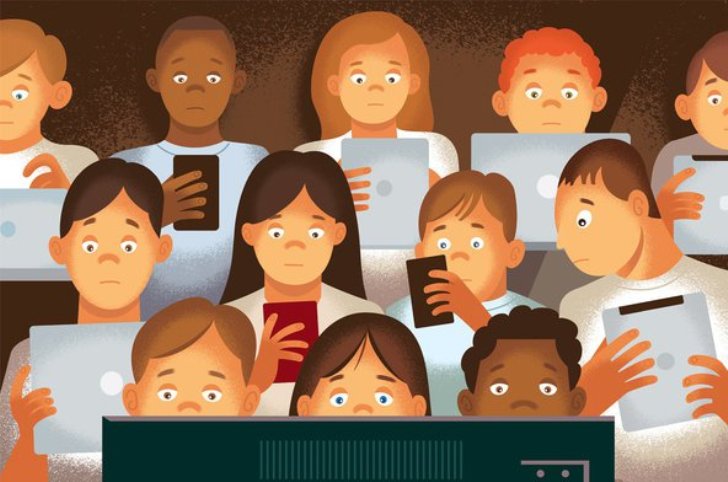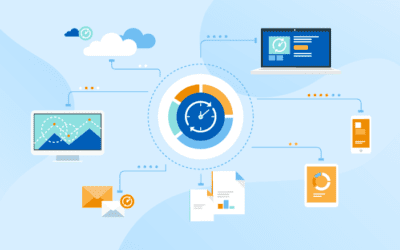When Twenty Four Hours isn’t Enough
Never enough time to do everything you plan to do in a day? Have you ever wondered that your phone and social media usage might have something to do with this problem? The pull of screens and social media has never been more over powering. Our phones might as well be an extension of our being. While screens, and the information that they give us access to can be enabling, they pose a big threat to our productivity when used indiscriminately. It is difficult to tackle a bad habit, in this case screen addiction, unless we understand what it is, how it impacts us and what we can do to deal with it. We delve into this problem in-depth with our two-part series of exploring the problem of Social Media and Screen Addiction, how it impacts productivity adversely and how we can deal with this very real problem.
The Magnitude of the Problem
Screens are very addictive – and though we needn’t really a cite a research to prove this point, for the sake of being factual: a recent research shows us that an average Indian spends about 2.5 hours on various apps every day. This doesn’t come as a surprise because no matter where we are, our phones are within our reach all the time. The very first step towards eliminating, or even reducing social media and screen addiction is to be aware of how dependent we are on it, by checking how long we spend on a screen.
Fortunately, technology enables us to do that through apps. Apps like AntiSocial track your daily activity on your phone, and collate data about your daily, weekly and monthly usage. You can also set a time limit for the apps you use on the phone, and AntiSocial will block those apps from being used after you have exhausted your time limit allotted for them. Of course, you can unblock the apps for usage. However, you do it with the knowledge that you are spending more time than you intended to, on being unproductive.
Understanding Propinquity
There is a concept in psychology known as ‘propinquity’. What it means is, things that are closest to you in physical space have the biggest effect on your psychological experience of the world. Understanding this concept with relation to our phones makes sense. Our phones have become natural crutches that we turn to, even when we don’t really need it for something functional. With our dependency on phones, we see a remarkable rise in our resistance to any ‘empty’ moment. Or, our resistance to boredom.
It is important to realize and acknowledge this, because boredom is how we get our fuel for creativity. It is when we get bored, stay with the discomfort of boredom and turn inward to address how we are feeling that we are truly mindful and aware of what is going on. But turning away from boredom by using our phones as a medium aborts that extremely important process.
With easy, continuous access to our phones, we have almost completely eliminated this opportunity. There are fewer moments of mindfulness and awareness with us being able to reach out to our phones even without moving.
Its Impact on our Productivity
-
More reasons to procrastinate
The worst enemy of productivity is procrastination. And our capacity to procrastinate is directly proportional to how many things there are to distract us from staying focused on the task at hand. With our phones, the distractions that we can delve into to procrastinate ‘just a little more’, are infinite. Delaying work becomes much easier when we have ready distractions to turn to.
-
A loss of mindfulness
As a result of screen addiction we miss out being present. We miss out on being in the now. This lack of mindfulness hampers our productivity because we do the tasks we are assigned with just half a mind, and half a heart.
-
Never enough time
And going back to what we said at the beginning of this post – as a result of all the mindless hours we spend on our phones, we realize that the time has passed rather quickly and we haven’t gotten enough work done! This in turn plays a big role in influencing our self-esteem and self-worth.
The Good News
But the good news is, one can turn back and stop gadgets from controlling your life. You can reclaim all your time, and boost your productivity even if you have so far been a victim of screen addiction. Stay clued in for our next blog post in which we will tell you why it is so hard to break away from your screen, and how mindfulness can come to your rescue!
P.S. This series is inspired by the Calm Masterclass on Social Media and Screen Addiction by Dr. Adam Alter. Calm is a mindfulness and meditation app which offers guided and non-guided meditations. You can get it here.




